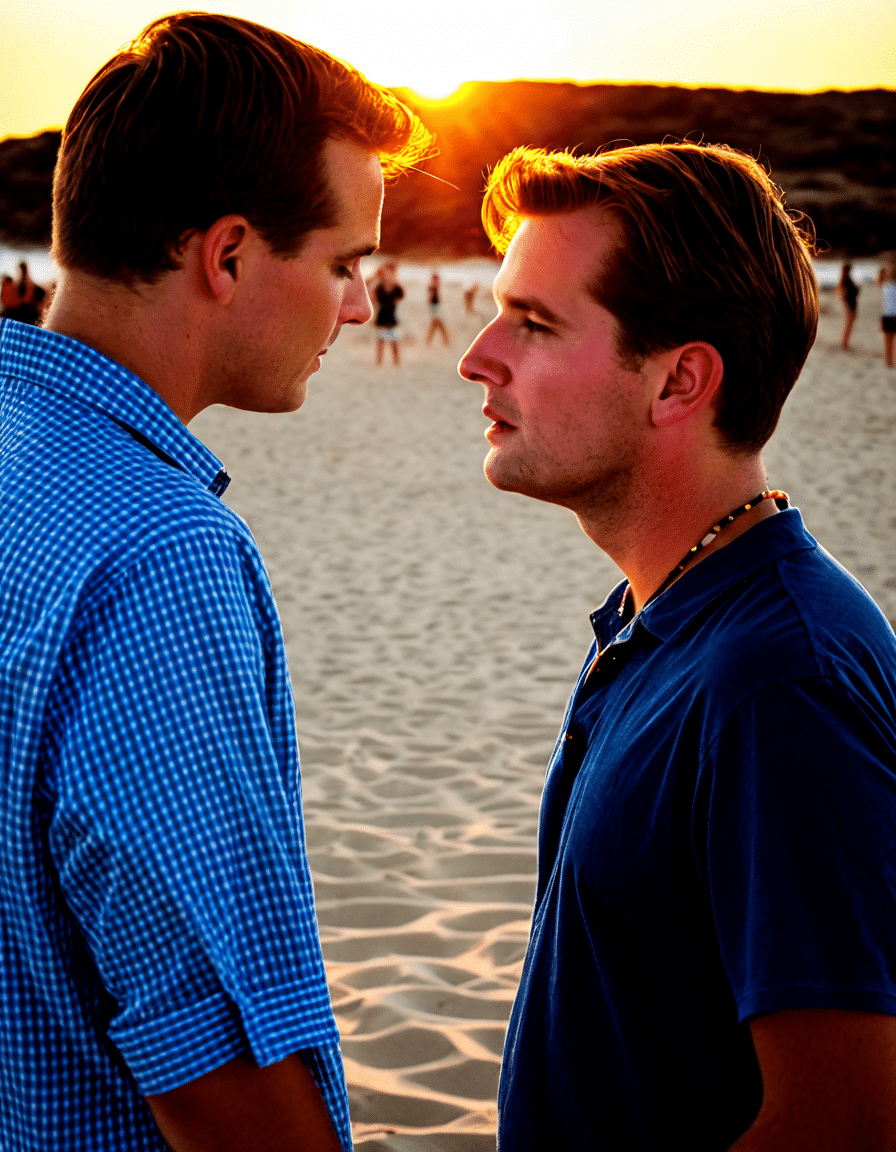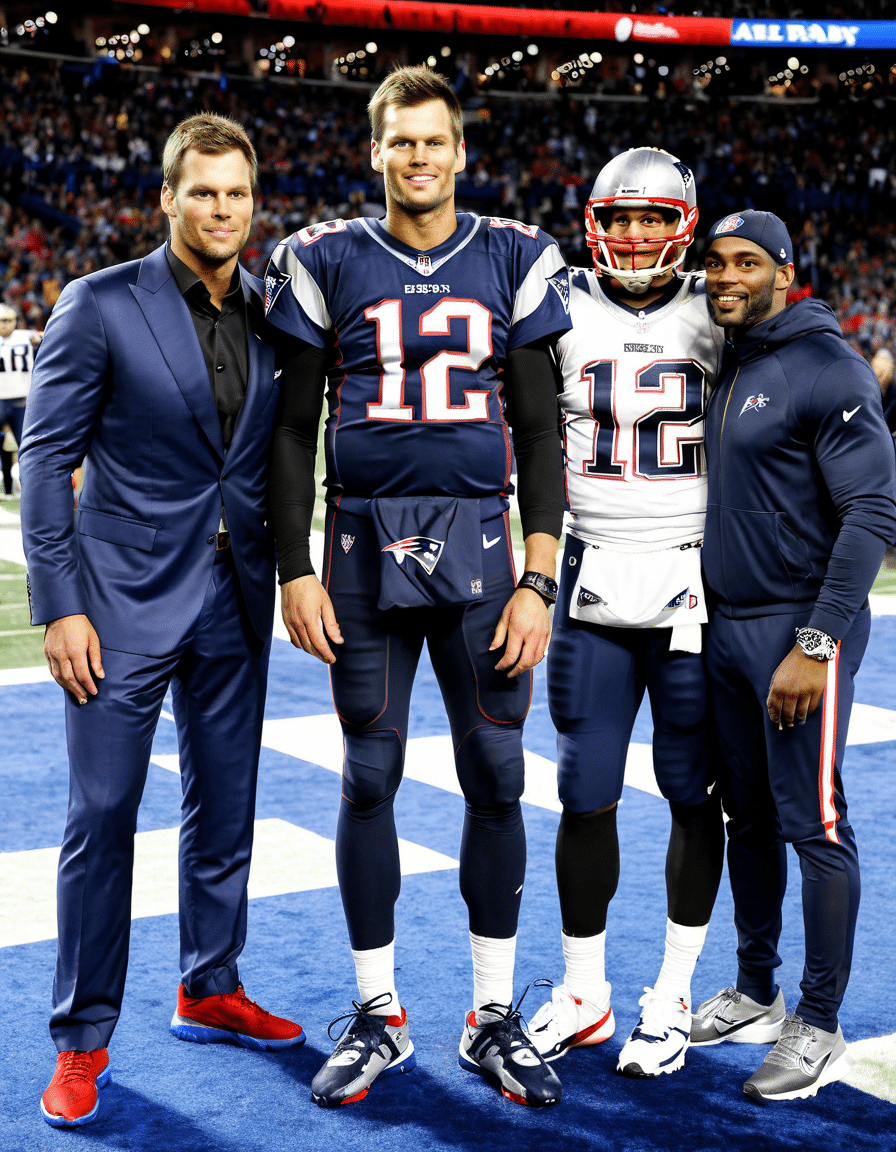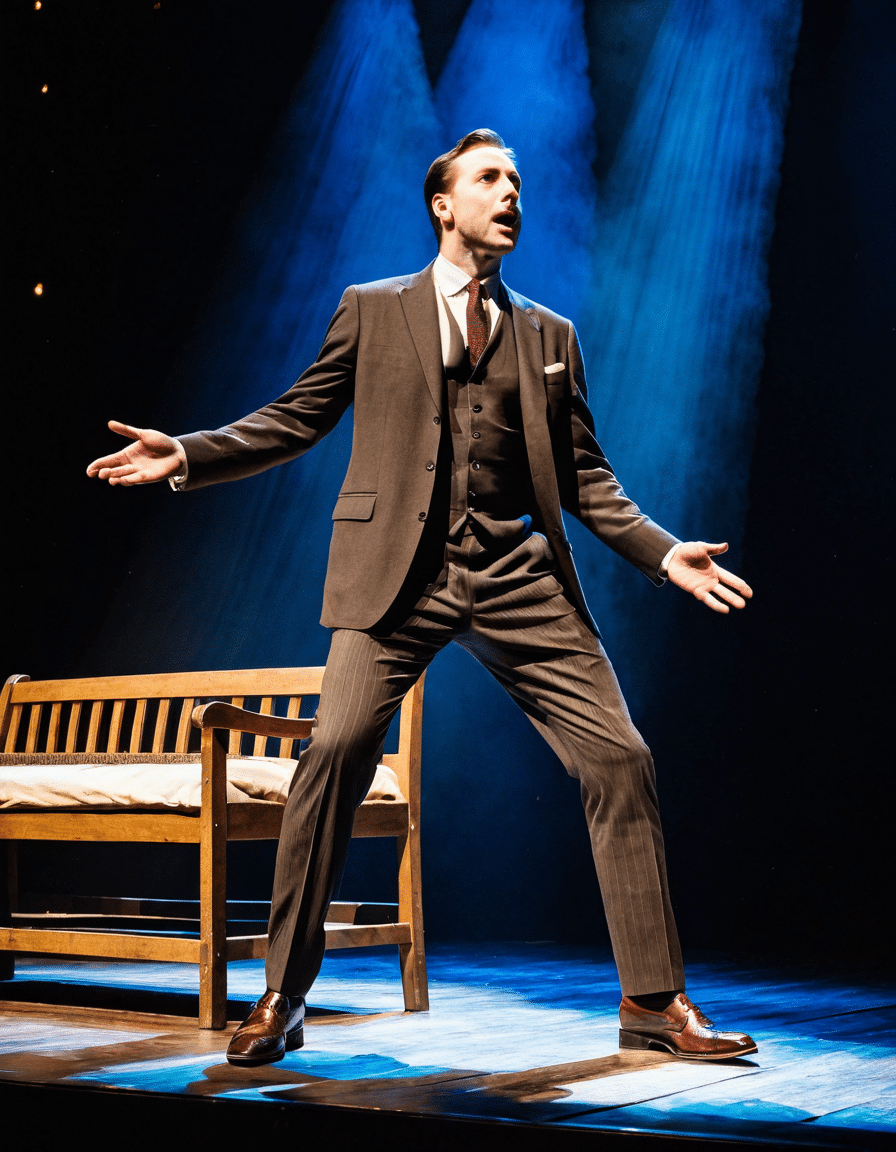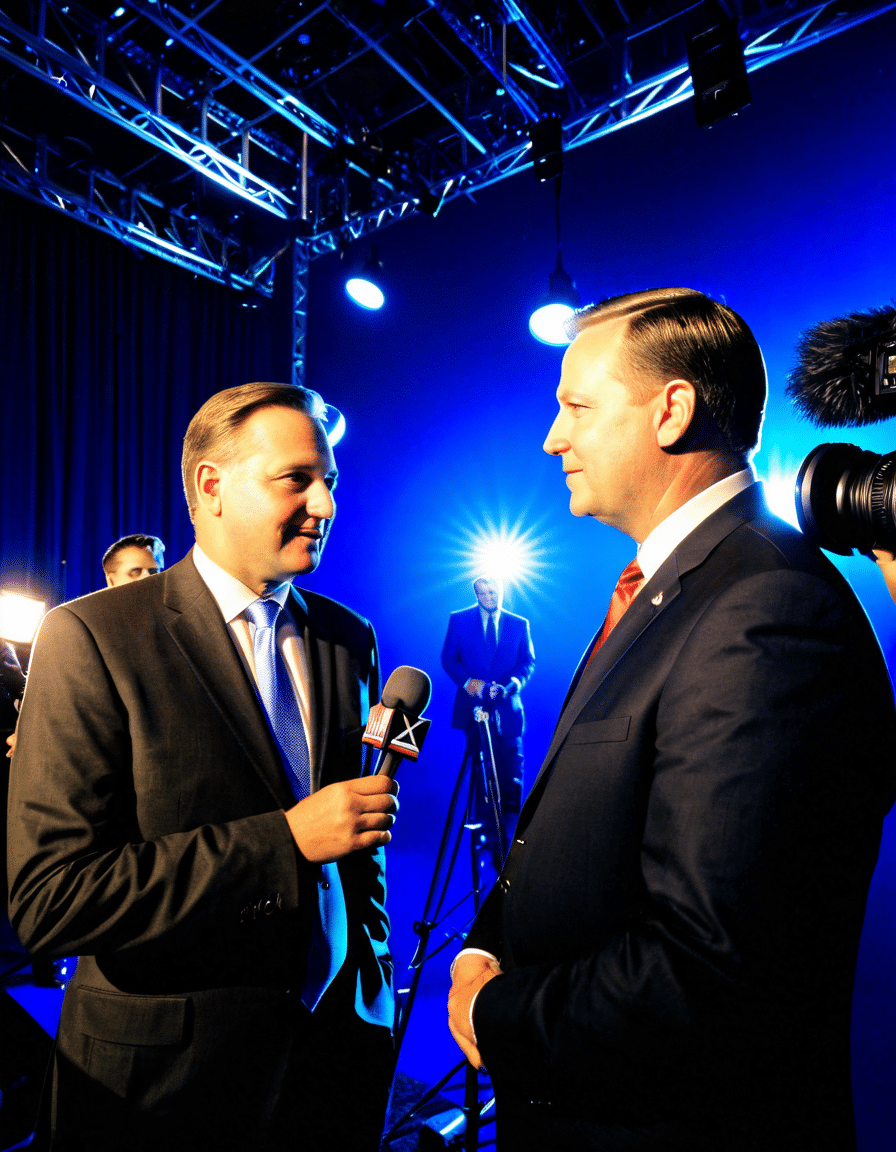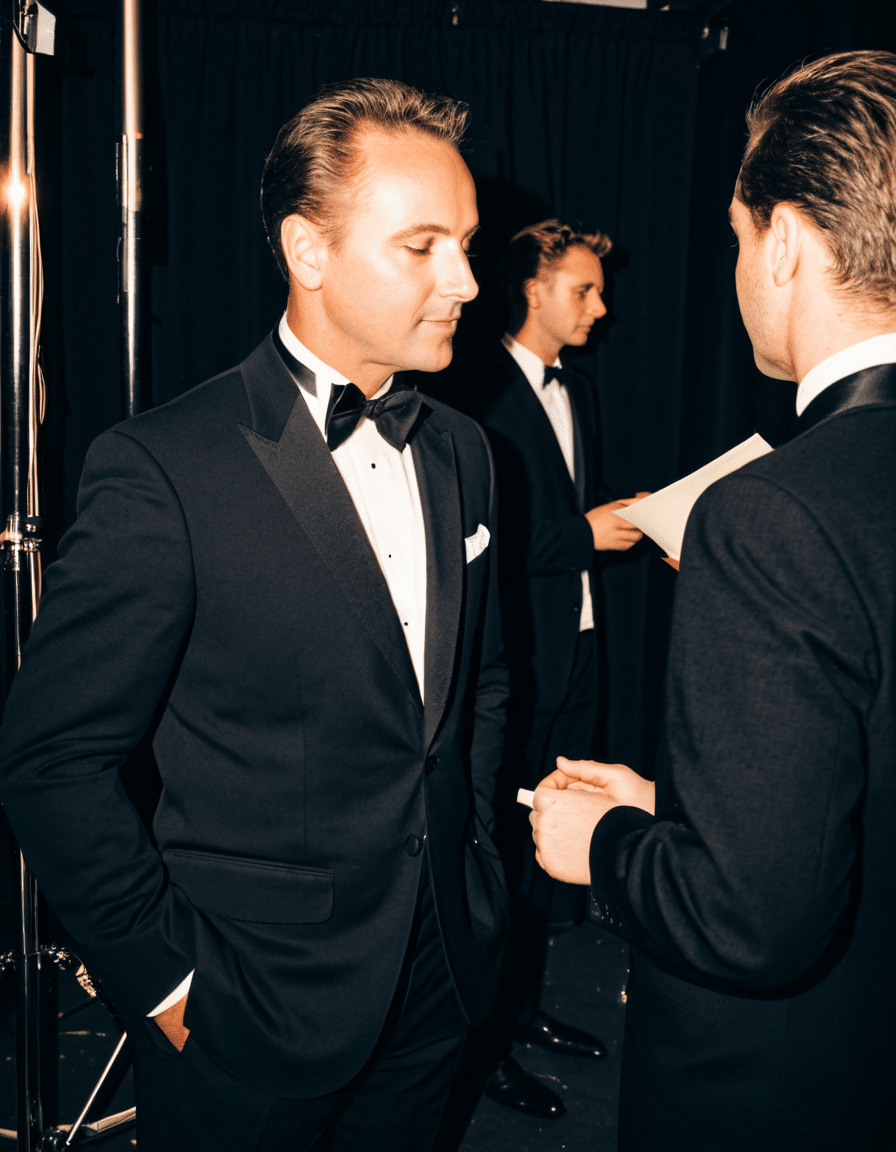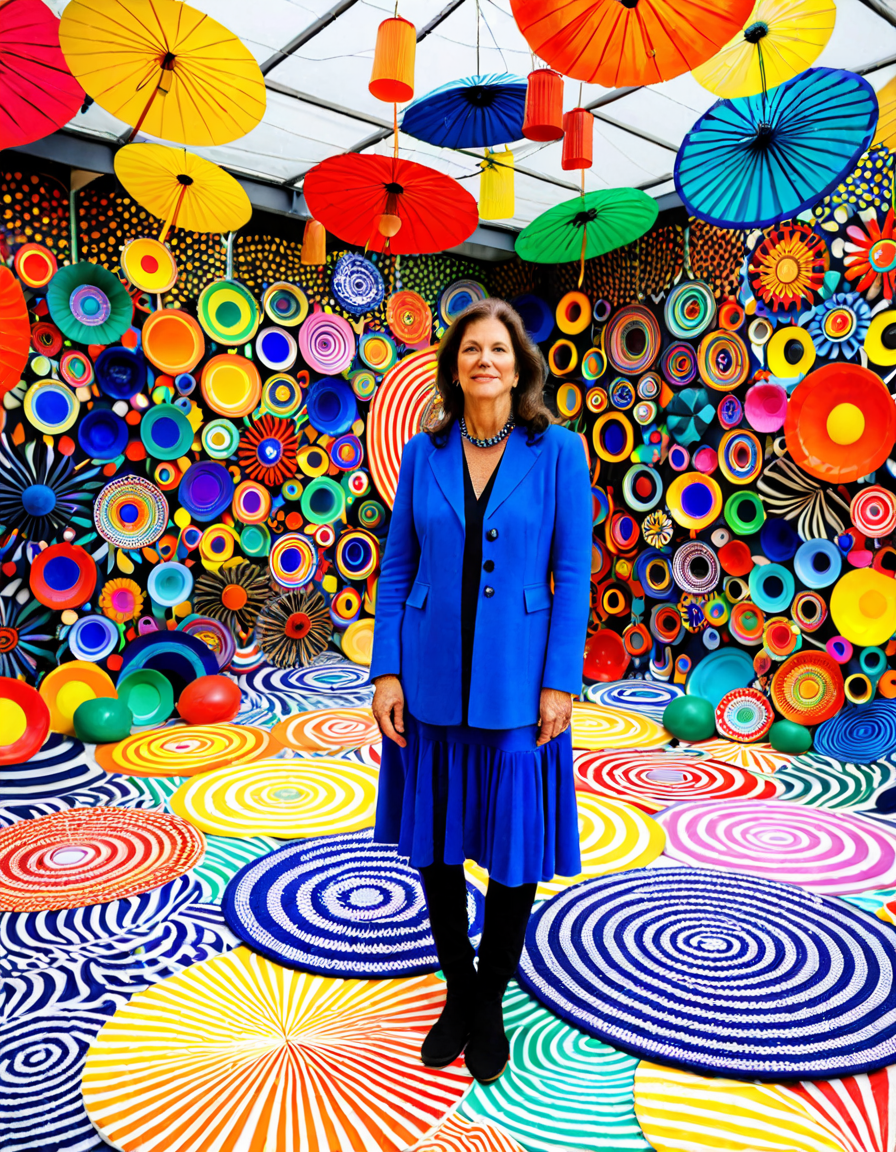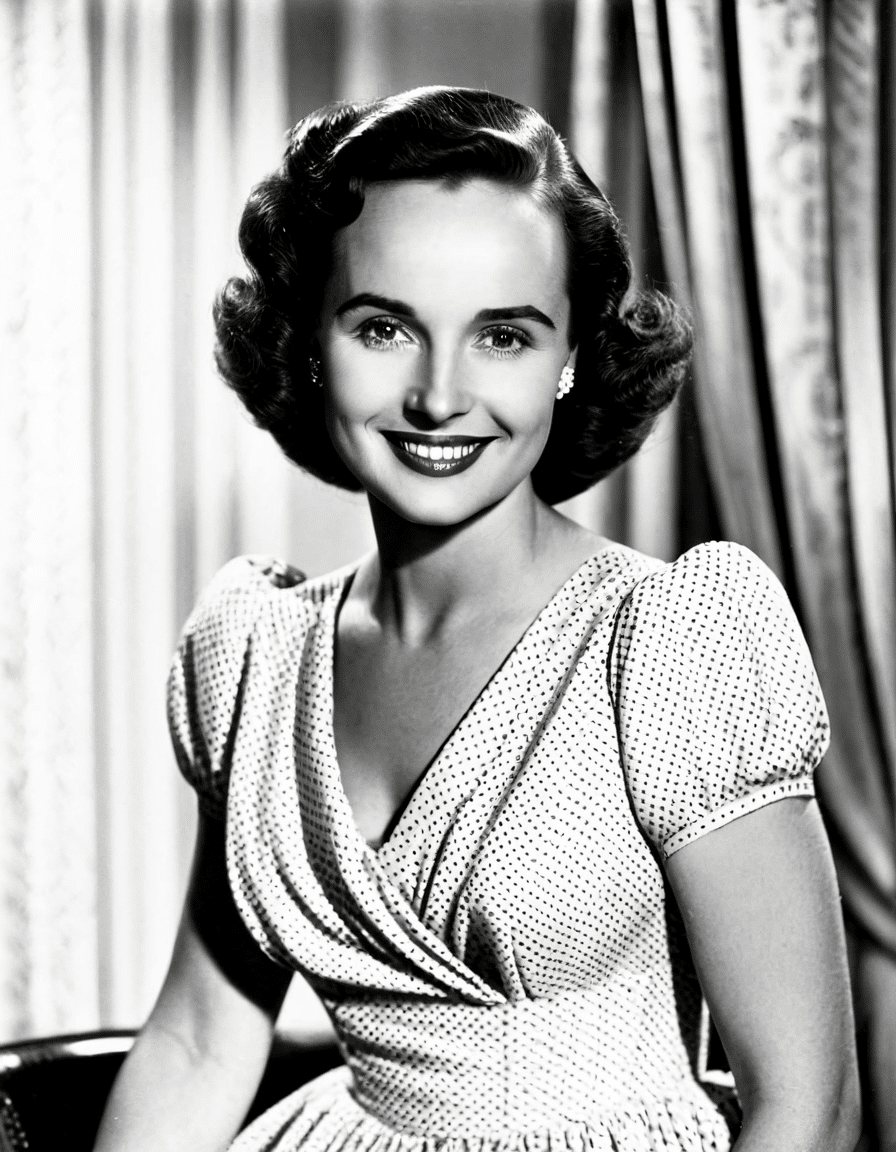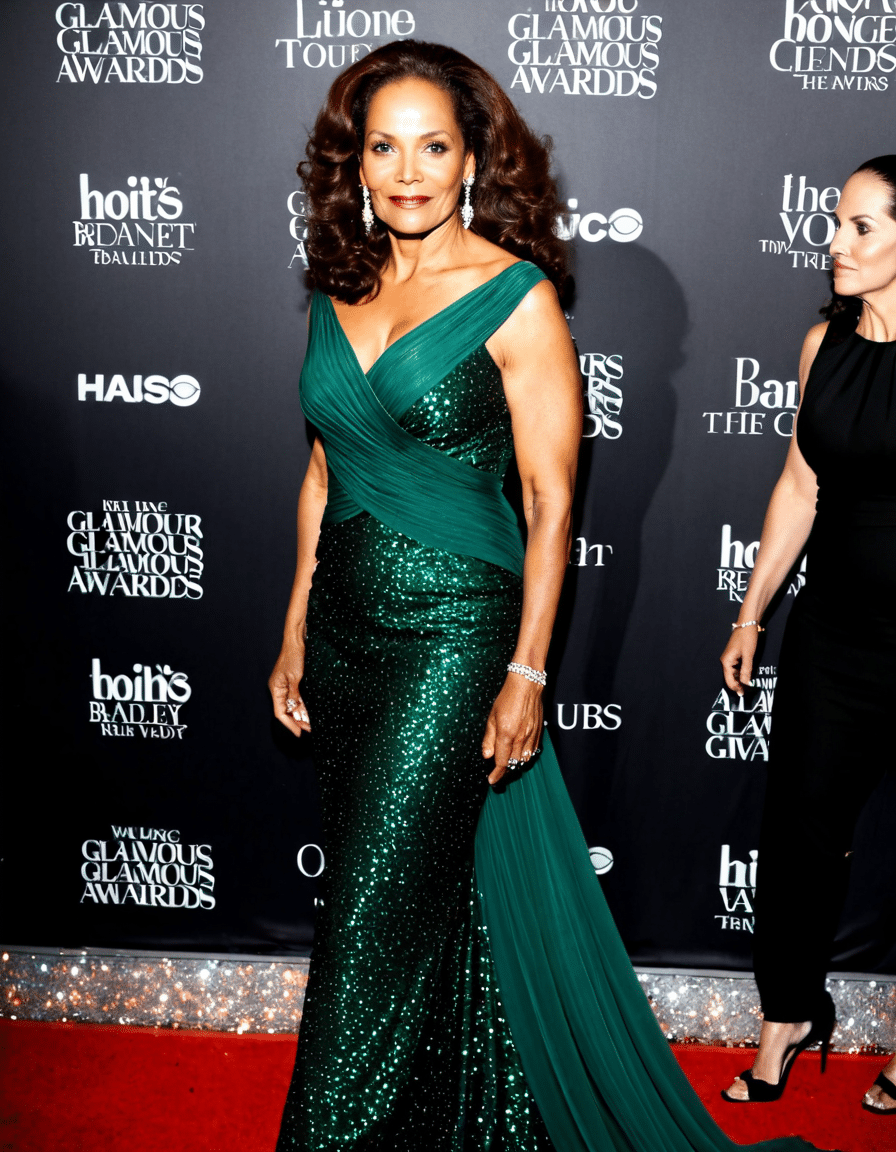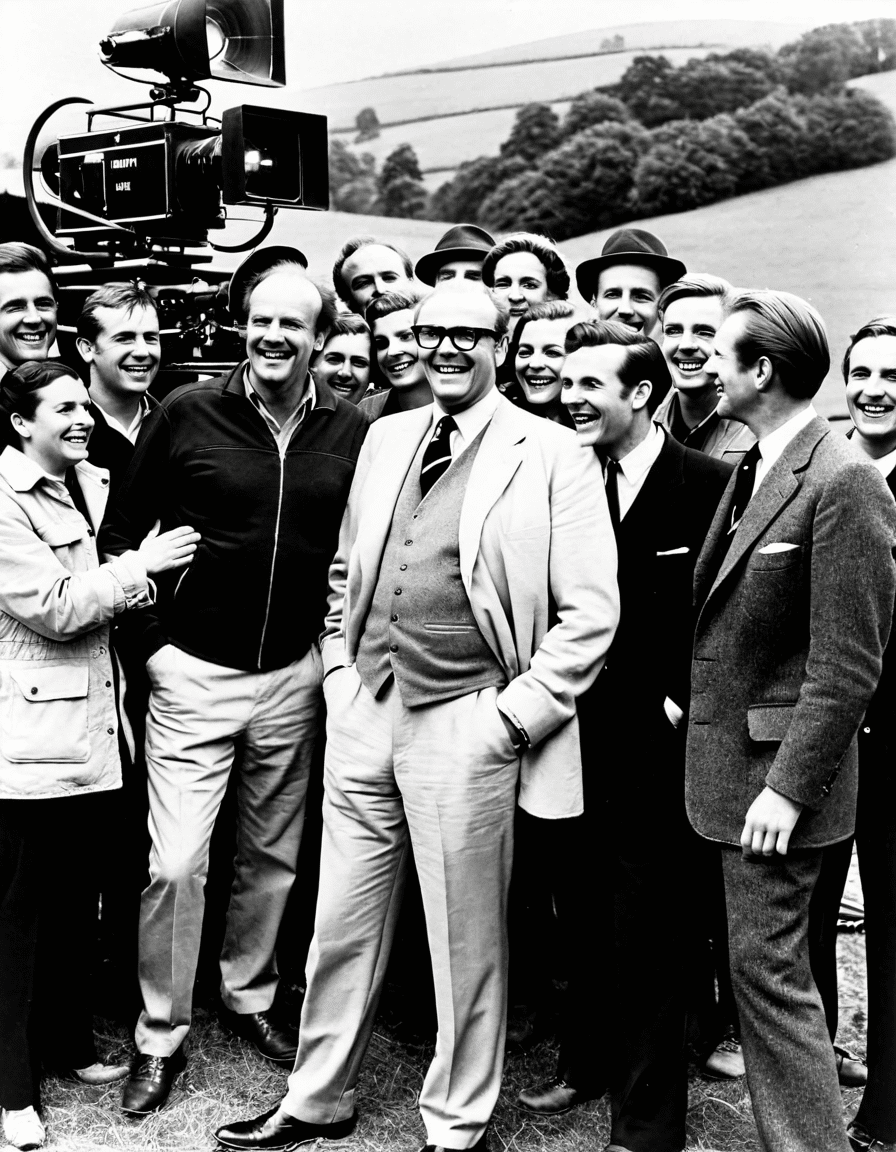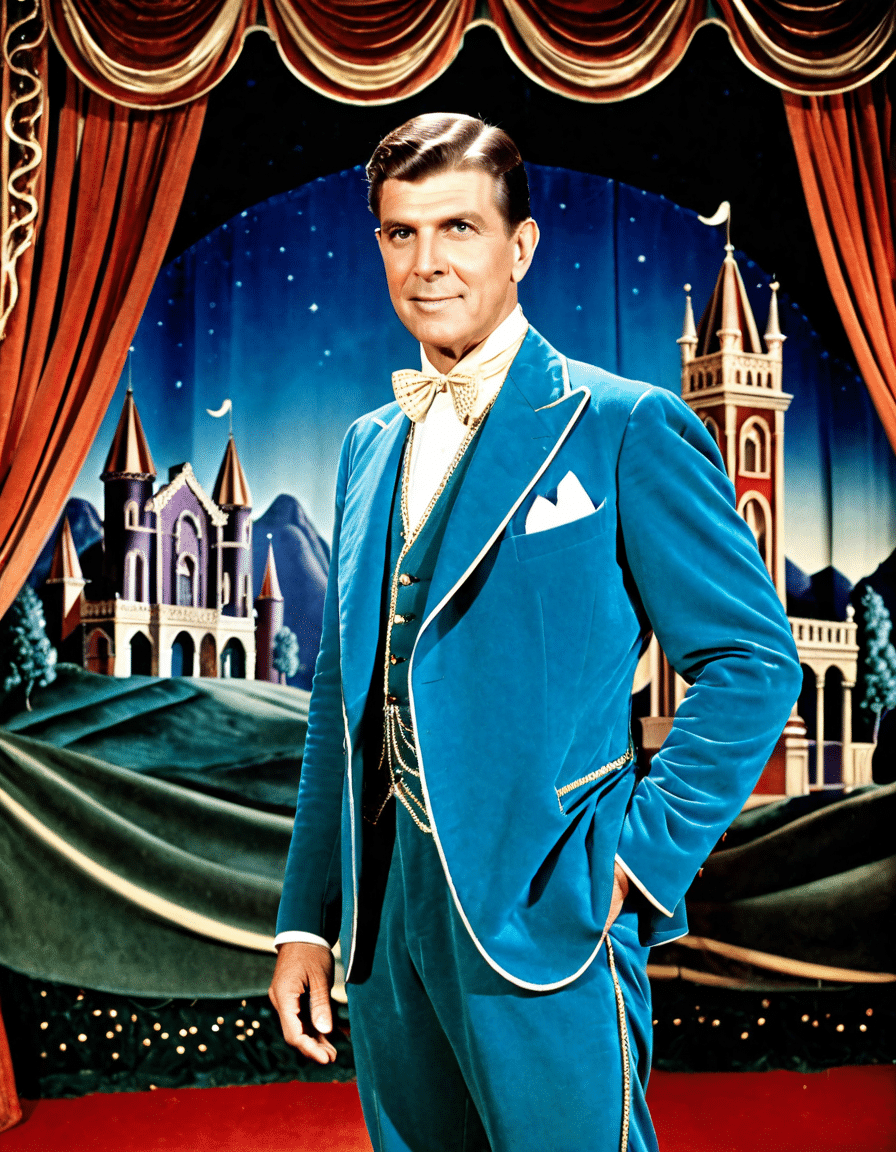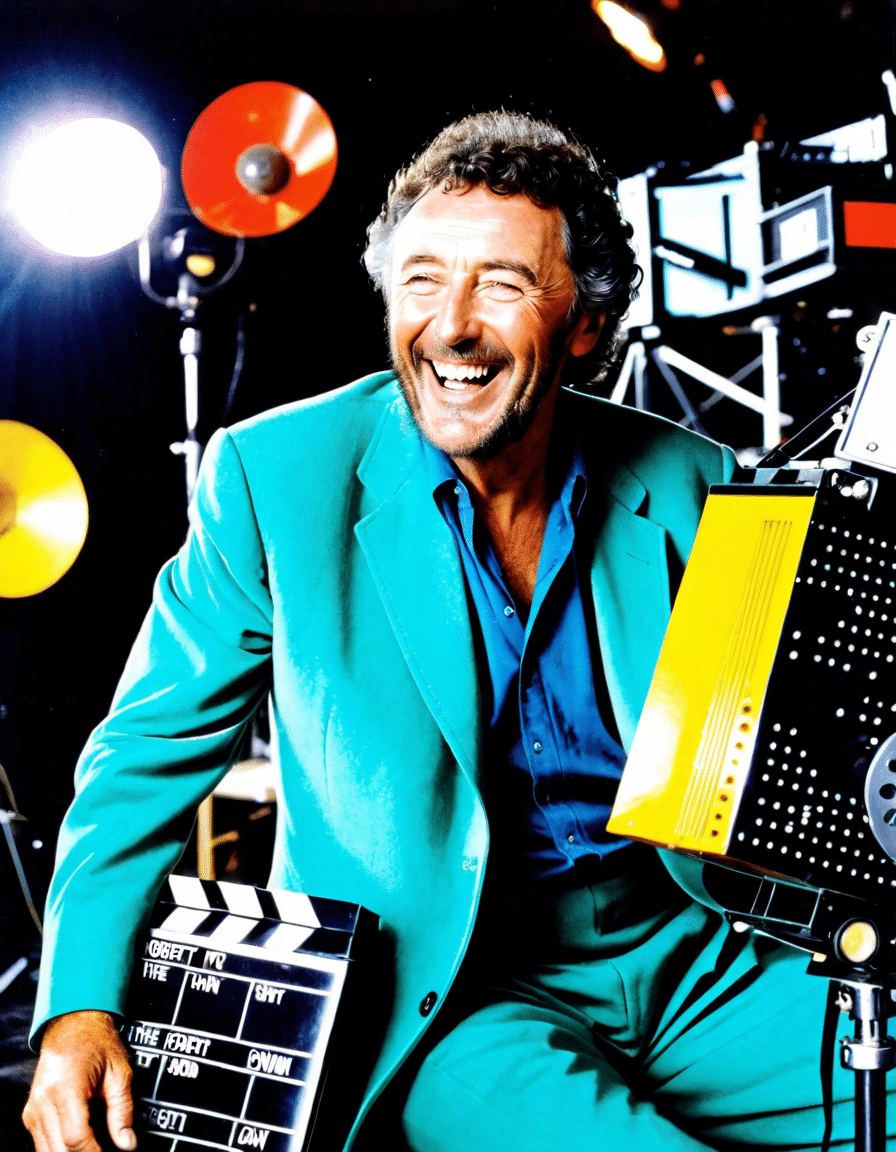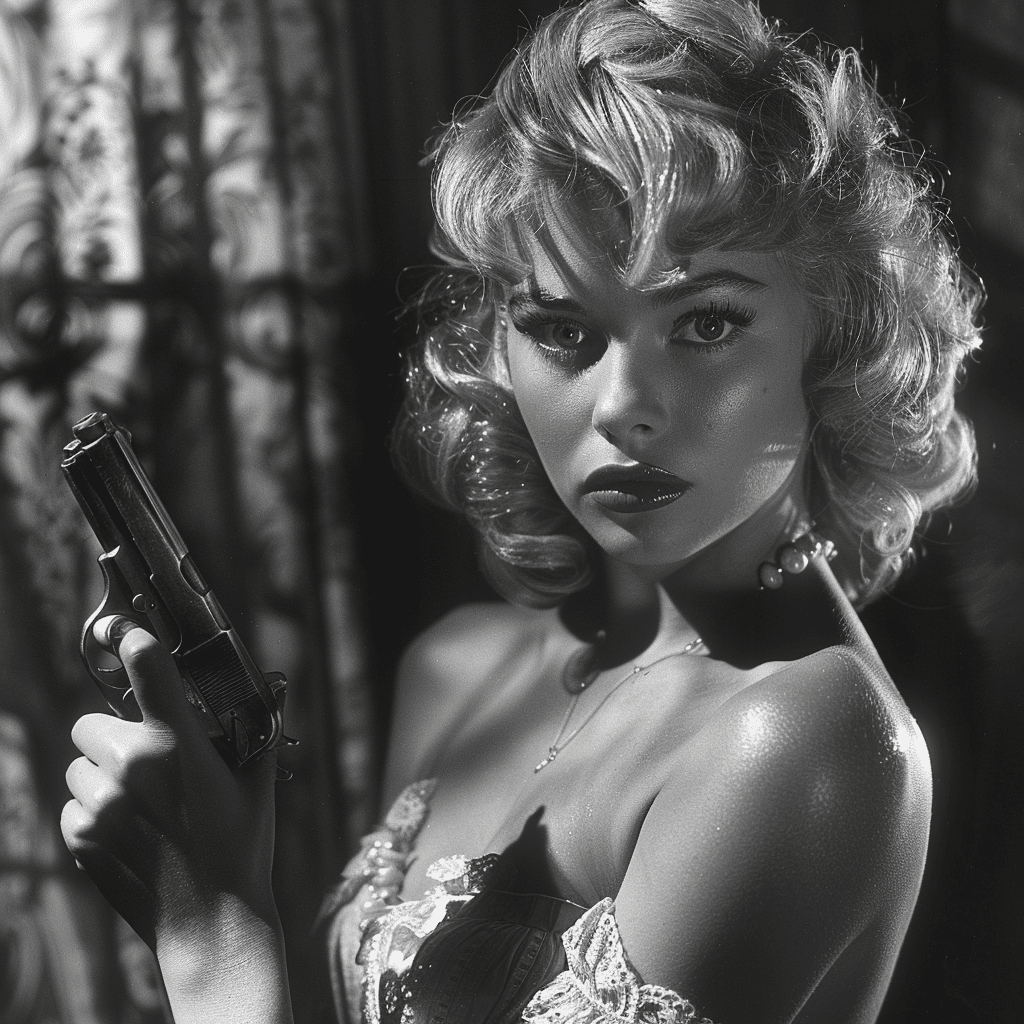In the constellation of television’s brightest stars, you’d be hard-pressed to find one that burned as fiercely—and with as much controversy—as Archie Bunker, the cantankerous heart of “All in the Family.” A blue-collar loudmouth from Queens, Archie didn’t mince words, nor did the show shy away from the raw, tangled threads of America’s social fabric. Thanks to his rough exterior, Archie Bunker became more than a fictional character; he became TV’s defining icon, a looking glass through which an entire nation examined its virtues and vices.
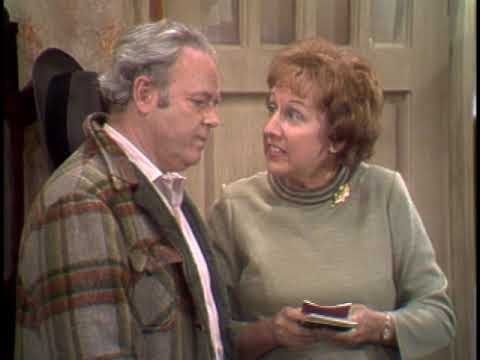
The Cultural Impact of Archie Bunker on American Society
Delving into Archie Bunker’s stomping ground was akin to opening a Pandora’s box of societal issues. This warehouse dock worker from Queens—powered by the magnetic Carroll O’Connor—strode right into the gutsy conversations of the 1970s, blowing the lid off topics that were deemed too sensitive for polite company. It wasn’t just about getting folks to chuckle; it reshaped the very fabric of the American narrative around race, class, and politics.
With Jean Stapleton’s Edith by his side—her trademark “Oh, Aaaaaaaaaah-chie!” an accent mark in television history—Archie personified a nation grappling with its own identity. Edith’s bubbly naivety often underscored the severity of the issues at stake, and it’s curious to think how the pair might fare in today’s rental landscape. Archie’s roughly $50,000 salary nowadays wouldn’t exactly give them much wiggle room in Queens, where the mortgage rate right now makes homeownership for the working class an almost unattainable dream.
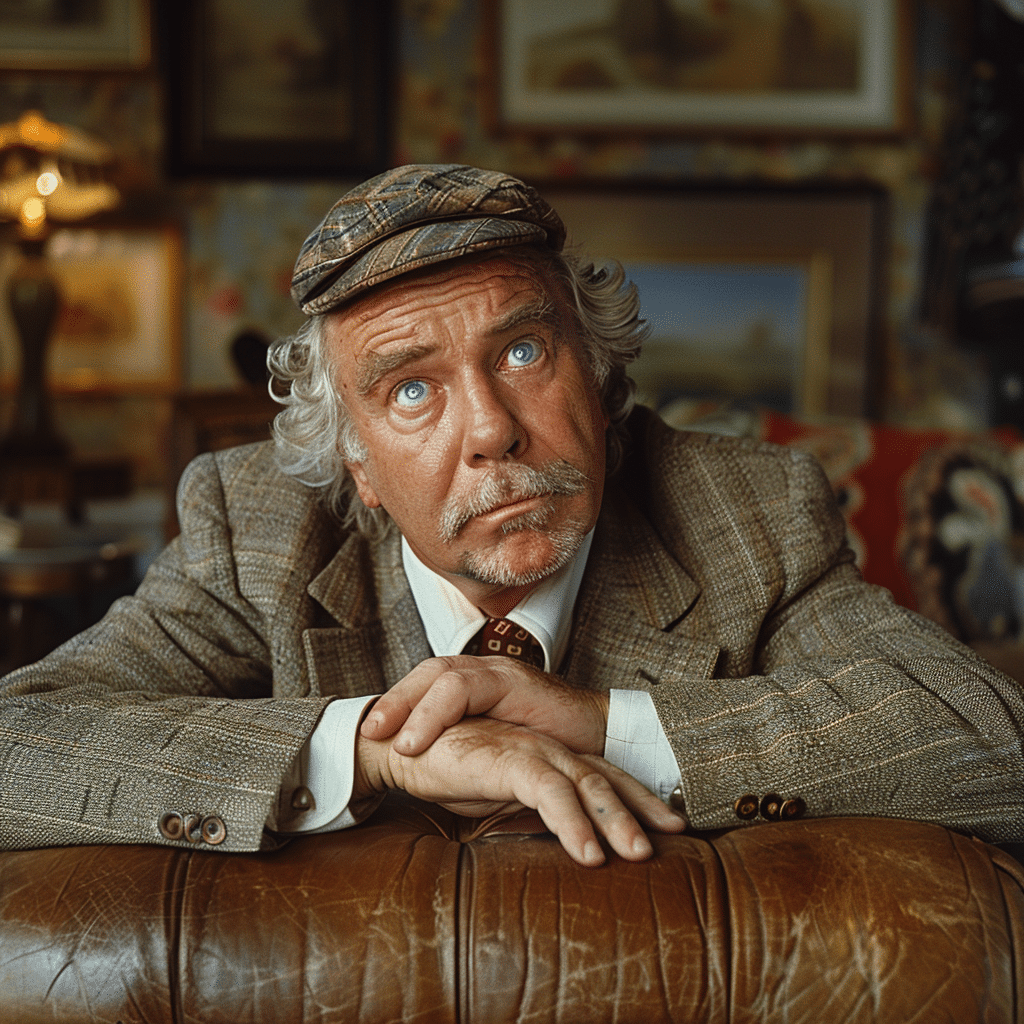
Exploring the Depth of Archie Bunker’s Character
Astoria’s own Archie Bunker, professing ultraconservative views often laced with racism and chauvinism, was not just some static caricature. If you peeked behind his bigoted bluster, you’d find a man wrestling with the whirlwind changes of his time. The show allowed him moments of vulnerability and change, illustrating that beneath the surface—much like his unfamiliar neighbors in the amalgamation of Queens neighborhoods the Bunkers inhabited—was a human being teeming with contradictions.
When viewers saw Archie working two jobs, they glimpsed the perennial struggle of the working-class American—the grueling juggle of dock loading by day and taxi driving by night—echoing a sentiment that resonates even more fiercely today. His character, a veteran whose post-war narrative began with a job on a dock thanks to an unnamed uncle, became an emblem of the everyday man’s fight against an unforgiving tide of alteration.
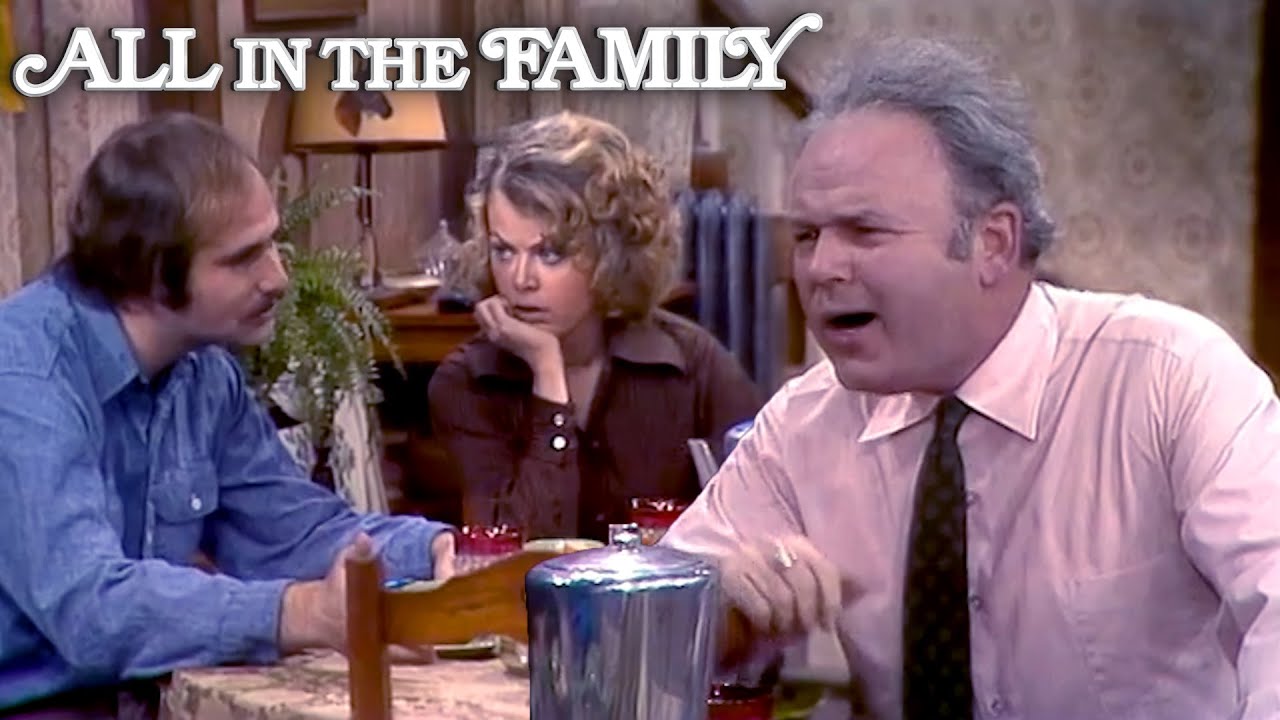
| Category | Information |
|---|---|
| Character Name | Archie Bunker |
| Occupation | Loading dock foreman, taxi driver for extra income |
| Residence | 704 Hauser Street, Flushing, Queens, New York |
| Portrayed by | Carroll O’Connor |
| First Choice for Role | Mickey Rooney (declined role) |
| Television Shows | All in the Family (1971-1979), Archie Bunker’s Place (1979-1983) |
| Wife | Edith Bunker (played by Jean Stapleton) |
| Daughter | Gloria Stivic |
| Son-in-law | Michael “Meathead” Stivic |
| Grandchild | Joey Stivic |
| Salary (Inflation Adjusted) | Approximately $50,000/year |
| Rental Affordability (Today) | Approximately $1,250/month |
| Jean Stapleton’s Departure | Announced December 1978, did not renew contract after season 9 |
| Edith Bunker’s Traits | Shrill voice, flighty, called “dingbat” by Archie |
| Archie’s 50th Birthday | Celebrated in a 1974 episode of All in the Family |
| Final Appearance | April 4, 1983, on Archie Bunker’s Place |
| Character Description | Blue-collar worker with ultraconservative, racist, and male-chauvinist opinions |
| Significance | Protagonist that propelled “All in the Family” |
| Fictitious Address Authenticity | 704 Hauser Street does not exist; represents amalgam of Queens neighborhoods |
| Helper Post-WWII | An unnamed Uncle who got Archie a job on a loading dock |
Archie Bunker’s Iconic Catchphrases and Their Societal Echo
Oh, stifle yourself! It’s impossible to chat about Archie without tipping your hat to his rolodex of catchphrases. From dubbing son-in-law Michael “Meathead” to his frequent requests for Edith to cease her chatter, these quips transcended mere humor. They underlined the show’s genius: using laughter as a Trojan horse for heavy societal commentary. Even now, one might overhear an iteration of “Meathead” and its social significance remains just as potent, reflecting a discomfort with differing perspectives that still ripples through society.
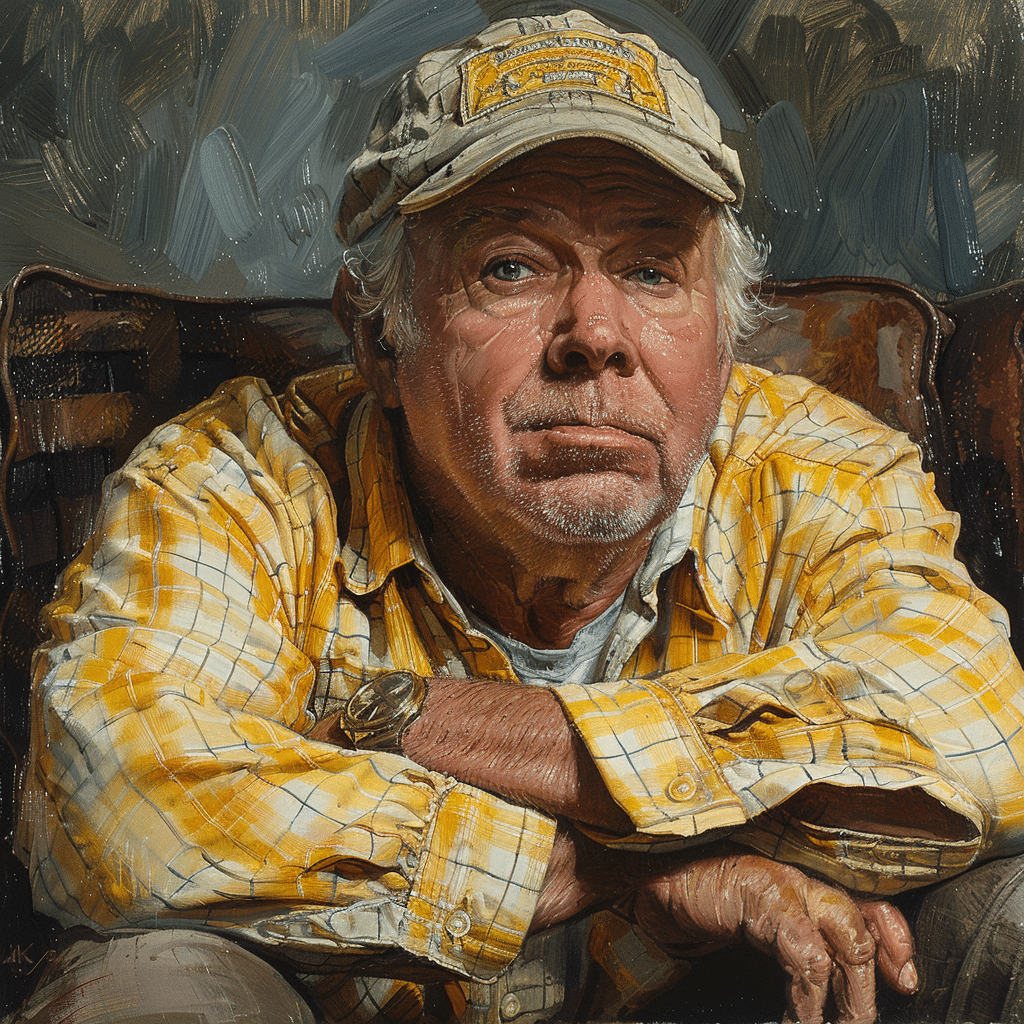
The Evolution of Sitcoms Pre and Post ‘All in the Family’
Before Archie set foot in our living rooms, sitcoms danced around the flames of contention. After old Archie Bunker had his say, television was forever altered. Sitcoms morphed into platforms where laughs were mingled with life lessons—and not the sugar-coated kind. The trail had been blazed, leading to shows like “Abbott Elementary,” where humor and heart work in concert, the cast illustrating a slice of life that’s as educational as it is entertaining.
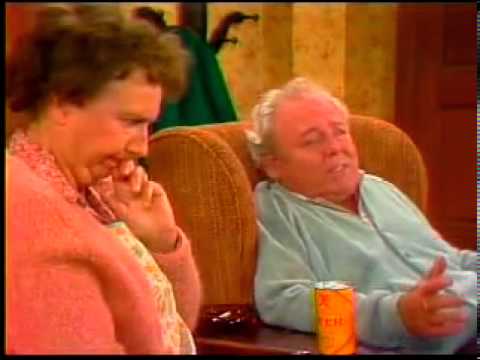
The Role of Archie Bunker in Shaping Conversations Around Prejudice
Initially envisioned merely as a bigot, Archie unwittingly kicked off crucial dialogues on tolerance and understanding. By looking prejudice square in the face rather than turning the channel, “All in the Family” invited American families into discussions that might otherwise have never left the silence of the mind. With episodes that tackled racism, feminism, and more, Archie’s living room became ground zero for a revolution in collective thought.
How ‘All in the Family’ Broke Ground in Television Production
Off-camera, “All in the Family” was as revolutionary as the character that headlined it. Thrusting live audiences into the mix, the show stripped down the formulaic sitcom into something rawer, something truer. Risks taken by Norman Lear, who famously preferred Carroll O’Connor over Mickey Rooney for his star, and CBS executives paved the way for today’s television triumphs, from the cast Of The Bear season 2 to the innovative portrayal of supernatural hilarity in Ghosts season 3.
Archie Bunker’s Influence on the Portrayal of Fathers in Media
Archie Bunker redefined the image of fatherhood on screen. Long gone were the days of the infallible TV dad; Archie’s flaws—his outbursts, his ignorance—made him all the more human. No longer an ideal to be strived for, fathers became relatable, their struggles and shortcomings a reflection of the audience’s own. Even in family-oriented flicks like cast Of Trolls 3, paternal figures are allowed their imperfections.
Reflecting on ‘Archie Bunker’ and What He Teaches Us Today
You can’t talk shop about today’s TV without tipping your cap to Archie Bunker—whether it’s reflecting on the cast of It or marveling at how old Tom Cruise still seems to defy time on the big screen. This character tapped into a wellspring of societal themes that remain as relevant as ever. He showed us that progress, no matter how uncomfortable, starts with facing the uncomfortable truths about ourselves and our beliefs.
Archie Bunker: a man, a myth, a mirror into America’s soul. In that iconic chair—which might as well serve as a throne for TV royalty—Archie sat, and from that vantage point, he challenged, infuriated, and, ultimately, connected with demographics across the nation. The impact of “All in the Family” still resonates, reminding us that when television wields its power responsibly, it doesn’t just reflect culture—it shapes it for generations to come.
The Endearing Legacy of Archie Bunker
Archie Bunker, without a doubt, has etched himself into television history as a defining icon. He’s the lovable yet cantankerous character, whose armchair philosophies ruffled feathers and warmed hearts all at once. You might be surprised to learn that though Tom Cruise’s age seems to be a fun fact for cocktail parties these days, when we find out How old Is Tom cruise, it puts into perspective how Archie Bunker from “All in the Family” has fascinated generations, transcending time and trends.
Cultural Impact and Iconic Moments
Let’s dive in, shall we? Buckle up ’cause we’re about to unpack some zingers. First stop: nostalgia lane where Archie Bunker’s remarkable one-liners have become as iconic as the show itself. Remember when everyone was buzzin’ about Paris Can Wait? Well, back in Archie’s heyday, all anyone could talk about was if Edith would ever get a word in edgewise. Speaking of waiting, fans are as eager as a kid on Christmas morning to find out more about the Abbott elementary cast, proving that the tradition of standout ensemble casts is still going strong since the Bunker days.
A Look at Trends and Transformations
Now, hold your horses, ’cause things are about to get even more intriguing. Guess what blew up the TV scene almost as much as Archie’s chair exploded into pop culture? The it cast. Yessiree, just like Archie Bunker redefined the TV dad, the kids from “It” reimagined horror for a new generation. Sure, Archie never faced a killer clown (unless you count his battles with the meathead), but both shows stirred up conversations around the dinner table.
Believe it or not, Pornube scenes have been a topic of heated debates in recent times, way beyond anything Archie ever grumbled about in his Queens living room. And while we’re on the subject of unlikely discussion points, let’s not skirt around Bokep Jepan, which has been raising as many eyebrows as when Archie would serenade Edith off-key, bless his heart. Whether it’s groundbreaking or ground-shaking, TV sure knows how to keep us on our toes, huh?
Archie Bunker’s lasting charm is a testament that even in the whirlwind of TV’s evolution, some characters just stick out like a sore thumb—in the best possible way. So here’s to you, Archie Bunker, forever sitting in your throne and reigning over TV land, one wisecrack at a time.
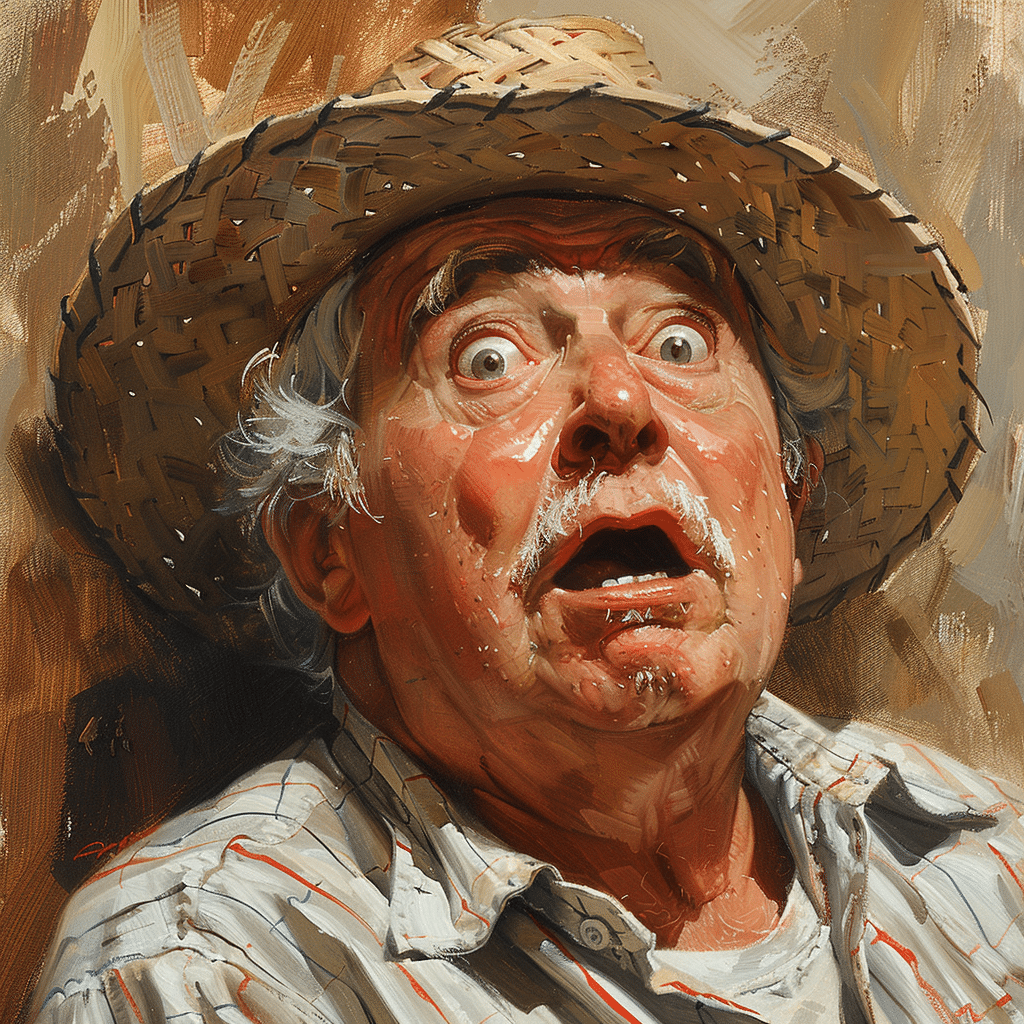
Where is Archie Bunker today?
Archie Bunker, portrayed by Carroll O’Connor, is a fictional character whose story concluded with the last episode of “Archie Bunker’s Place” in 1983.
Why did Edith leave the Archie Bunker show?
Jean Stapleton decided not to renew her contract after the ninth season as she felt she had fully explored her character, Edith Bunker.
What did Archie Bunker used to call Edith?
Archie often affectionately referred to Edith as “dingbat.”
What does it mean to be called Archie Bunker?
Being called an “Archie Bunker” typically labels someone as holding poorly educated, blue-collar views that are ultraconservative, racist, and male-chauvinist.
How much would Archie Bunkers house cost today?
Based on his salary dynamics and housing prices today, Archie’s house in Queens would likely rent for about $1,250 per month.
Why did Edith leave All in the Family?
Jean Stapleton felt that the character of Edith had run its course, leading to her departure from the show.
Did All In The Family cast get along?
The cast of “All in the Family” had their differences but they respected each other professionally and shared a strong bond over time.
Why did Archie Bunker wear rings on middle finger?
Archie wore a ring on his middle finger because that’s how Carroll O’Connor, the actor who played him, wore his own rings.
When did All In The Family end?
“All in the Family” ended in April 1979 after nine seasons.
Why did Mike and Gloria get a divorce?
Mike and Gloria divorced due to the strains of a long-distance relationship, as Gloria moved to California for a new job while Mike stayed in New York.
Why couldn t Edith walk on All In The Family?
Edith Bunker’s health and mobility issues in the show were part of the storyline and not real-life circumstances.
How old was Edith Bunker in Season 1?
In season 1 of “All in the Family,” Edith Bunker was assumed to be in her late 40s, as Jean Stapleton, who played her, was 48 at the time the show debuted.
Which actor turned down role of Archie Bunker?
Mickey Rooney was originally offered the role of Archie Bunker but turned it down.
Who lived next to Archie Bunker?
The Jeffersons lived next door to Archie Bunker before moving on up to a deluxe apartment in the East Side.
Who kissed Archie Bunker?
Sammy Davis Jr. famously kissed Archie Bunker on the cheek in a memorable episode addressing issues of race.


